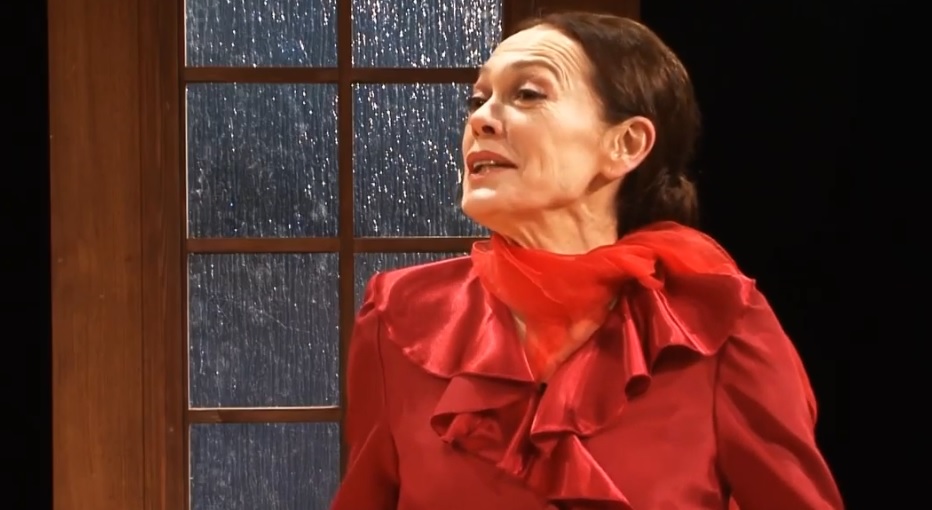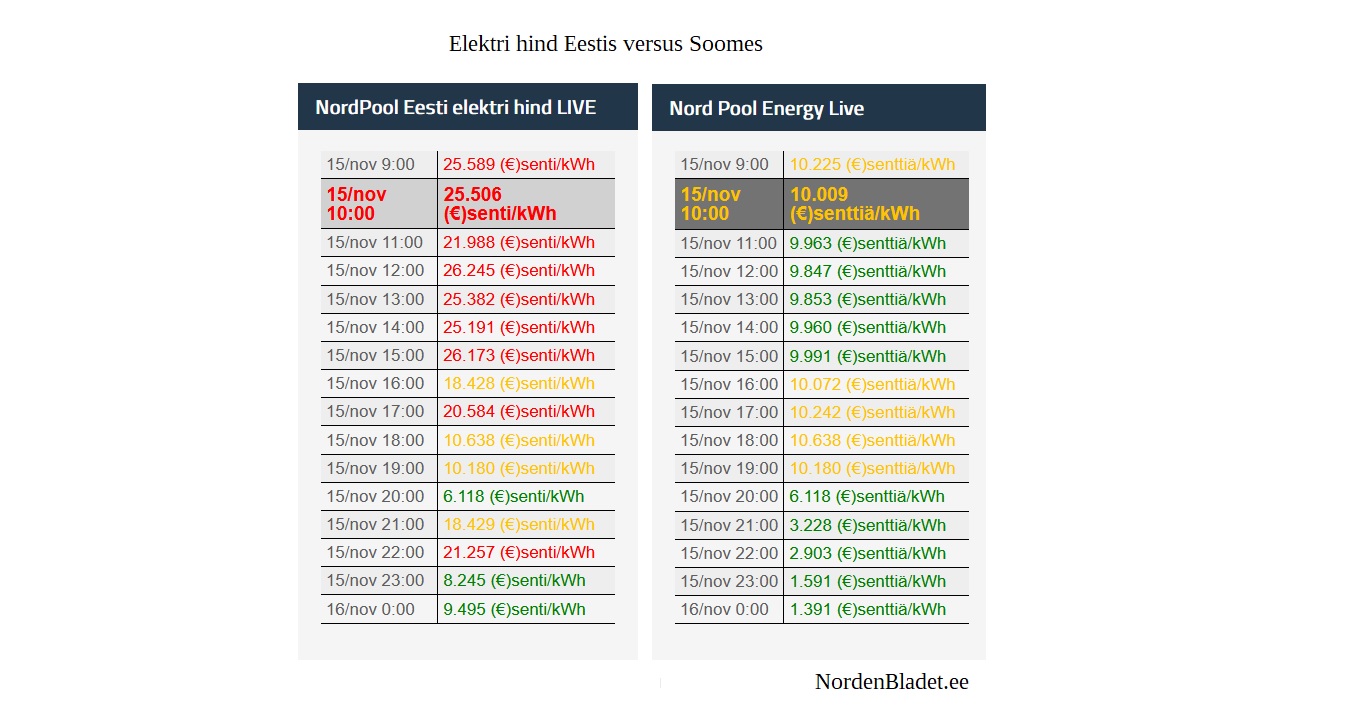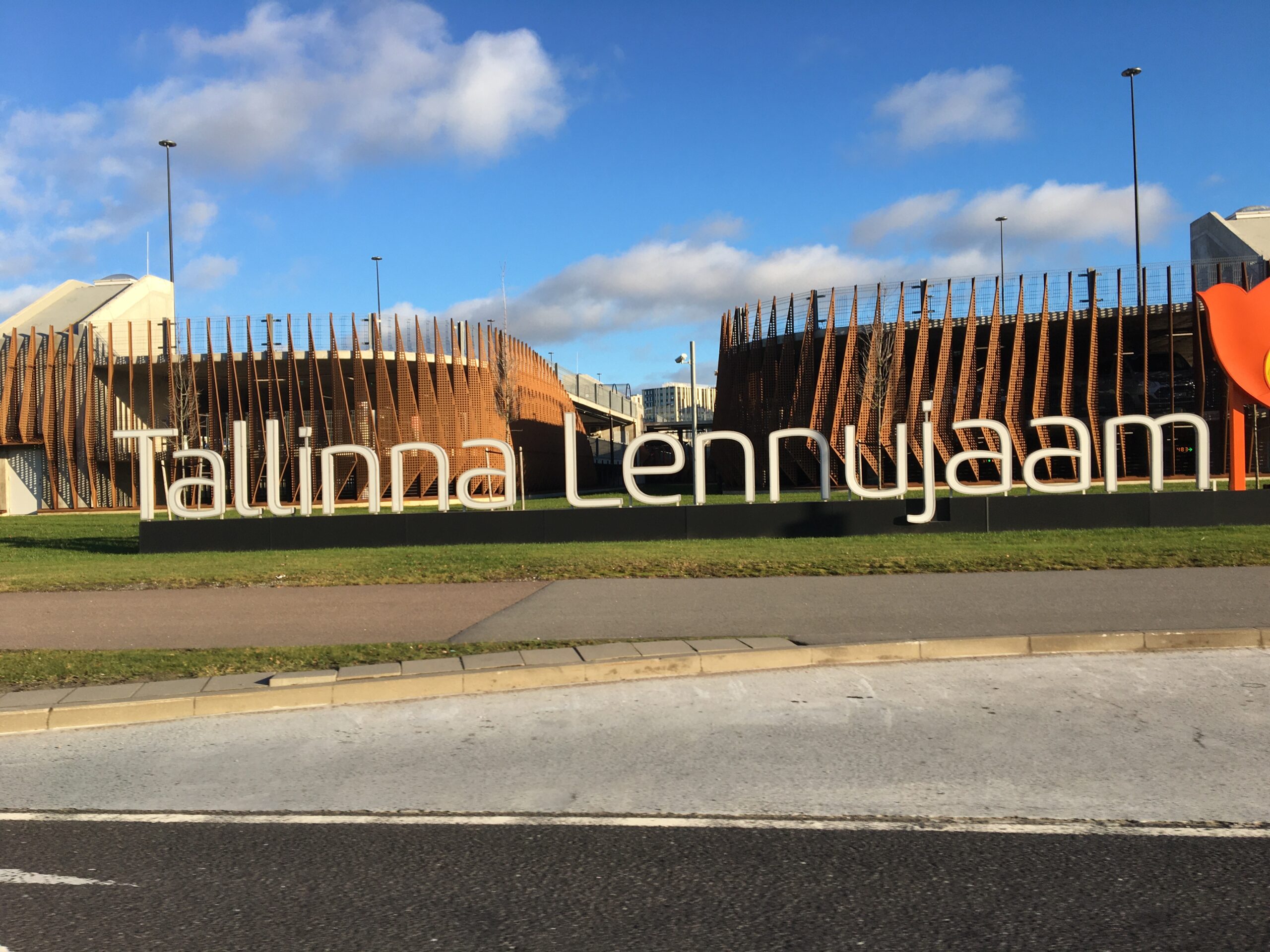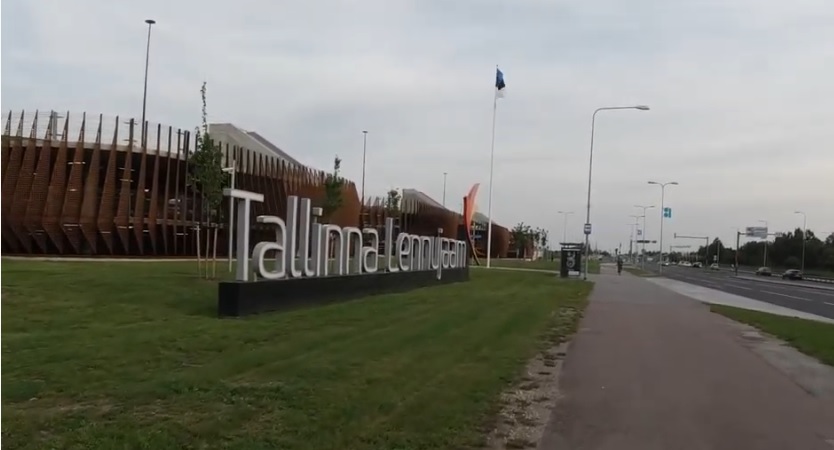NordenBladet – The laureate of the Black Nights Film Festival (PÖFF) Lifetime Achievement Award is actress Elle Kull. The actress will receive the award on Friday at 6 p.m. at the opening ceremony of the festival.
Kull, who is turning 70 next year, will receive the award for outstanding roles in nearly 30 films and television productions. Minna in “Ukuaru”, Laura in “Pisuhänd”, Maria Marmor in A Ballade of Two Homes (“Kahe kodu ballaad”), Irma in “Rudolf and Irma” Catherina Wycken in “Reik’s Teacher”, Dora in “Ask the Dead About the Price of Death (“Surma hinda küsi surnutelt”) and a girl in “Promenade” are only a few of the projects she has participated in.
She is the only Estonian actress to have also received the award of the best film actress in the Soviet Union in 1975, for her role in “Ukuaru”.
“Elle Kull has both freshness and purity of youth, fidelity to nature, the depth of material perception and the impulsivity of experience. She has a rare sense of truth. She is like a sensitive membrane that perceives the slightest lie and fake,” an Estonian director Leida Laius who discovered Kull from the second year of the Estonian Theater and Music Academy and invited her to play in “Ukaru.”
“Ukuaru” also opened the door for other Soviet film studios for Kull, for example, she starred in Lithuanian director Almantas Grikevičius’ “Times of Farm Empire”, as well as in Russian, Belarusian, Ukrainian, Uzbek and Armenian films, seen by as many as 15 million people.
Kull was a long-time president of the Estonian National Committee of the UNICEF Children’s Fund, and she has been involved in charity work for a long time.
From November 29, the PÖFF online cinema will also show the films “Ukuaru” and “Ask the Dead About the Price of Death”.
The winner of the second Lifetime Achievement Award, which is traditionally a foreign filmmaker, will be announced by PÖFF during the festival.
Last year, Alar Kivilo and Margarethe von Trotta received the PÖFF Lifetime Achievement Award.
The Black Nights Film Festival will take place on November 12-28.
Featured image: Elle Kull (NordenBladet)





